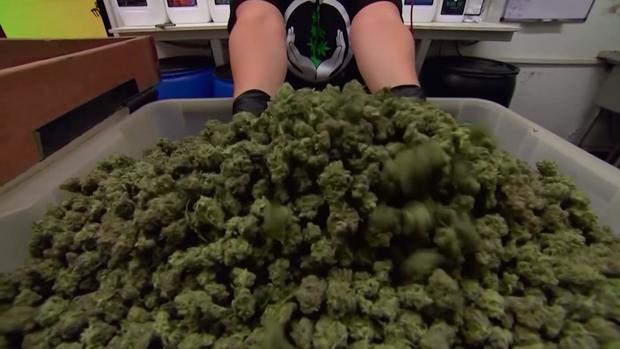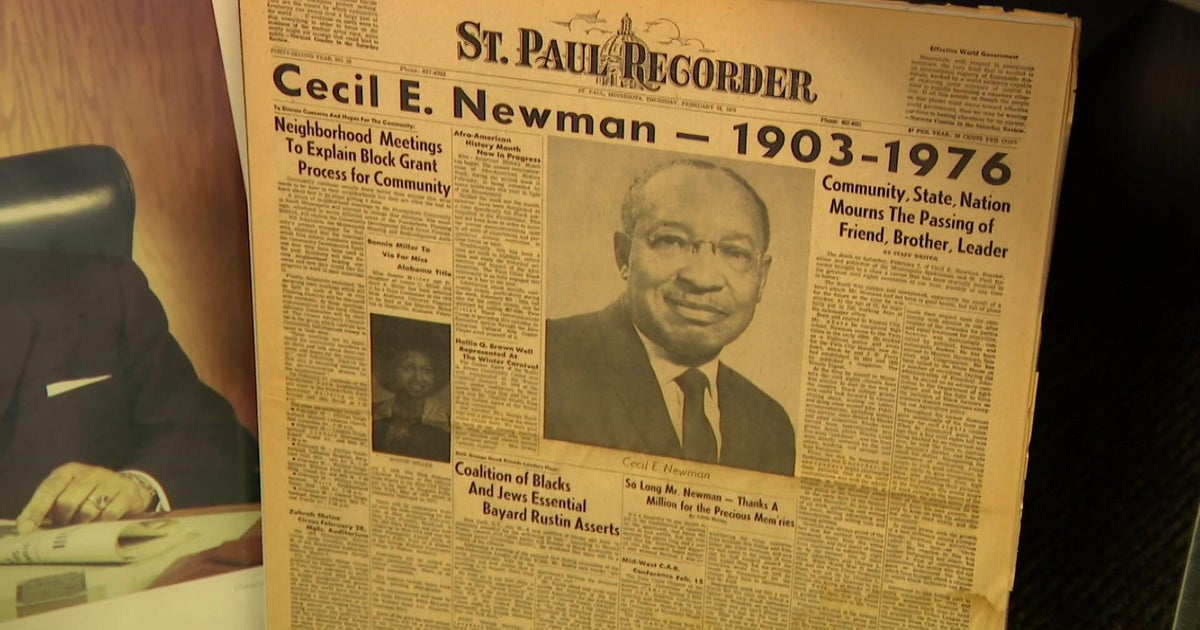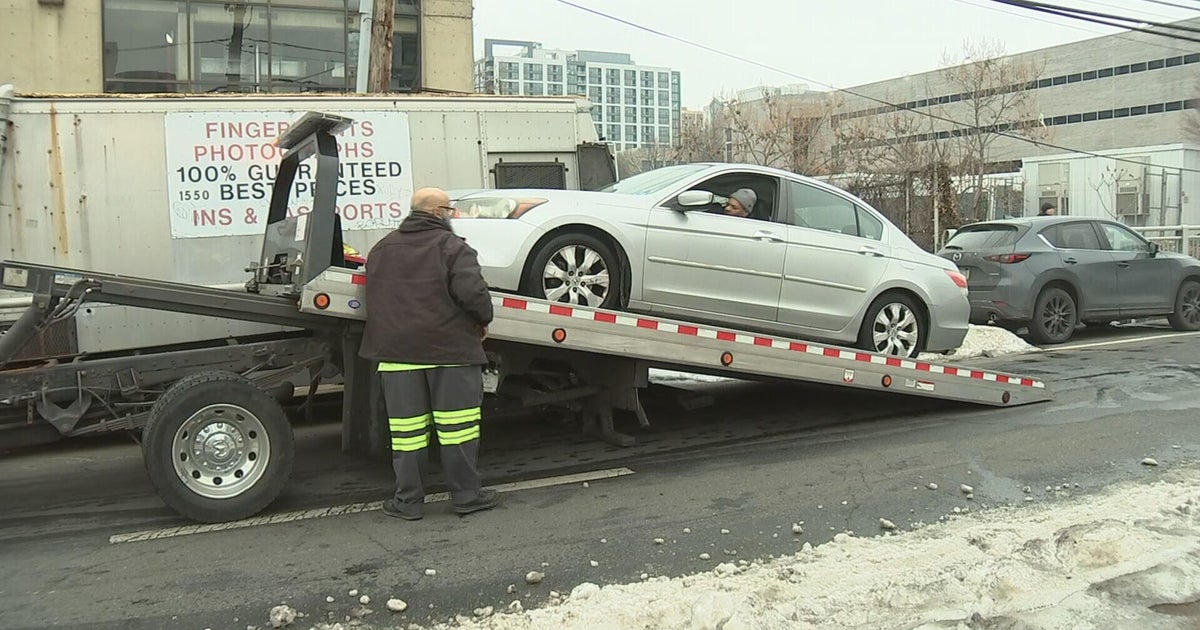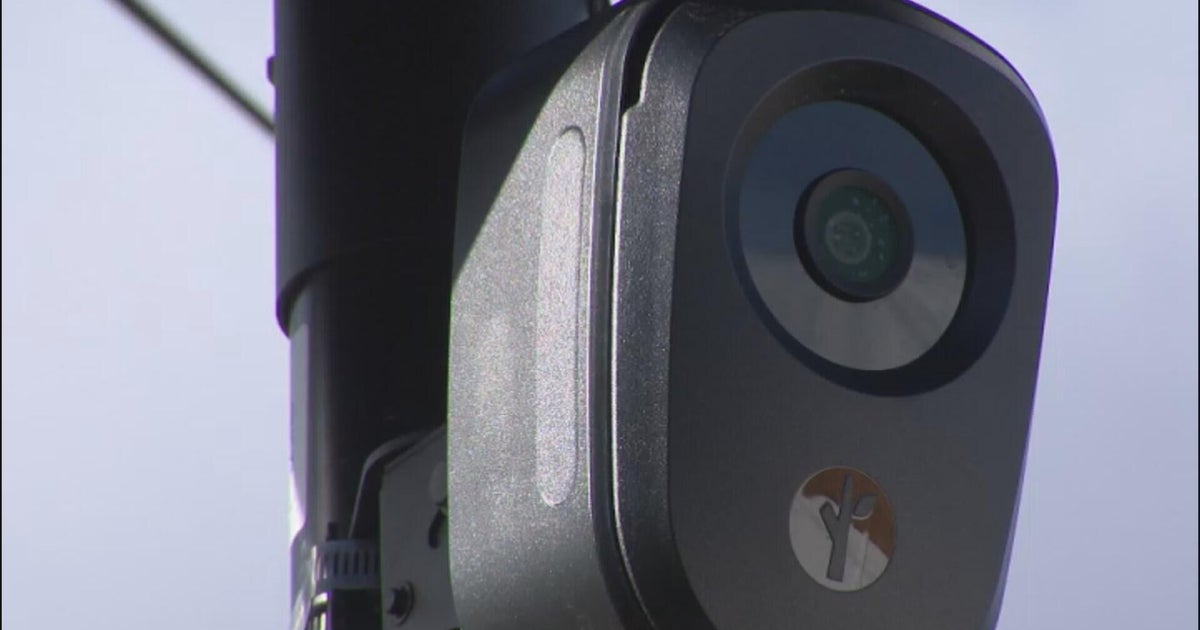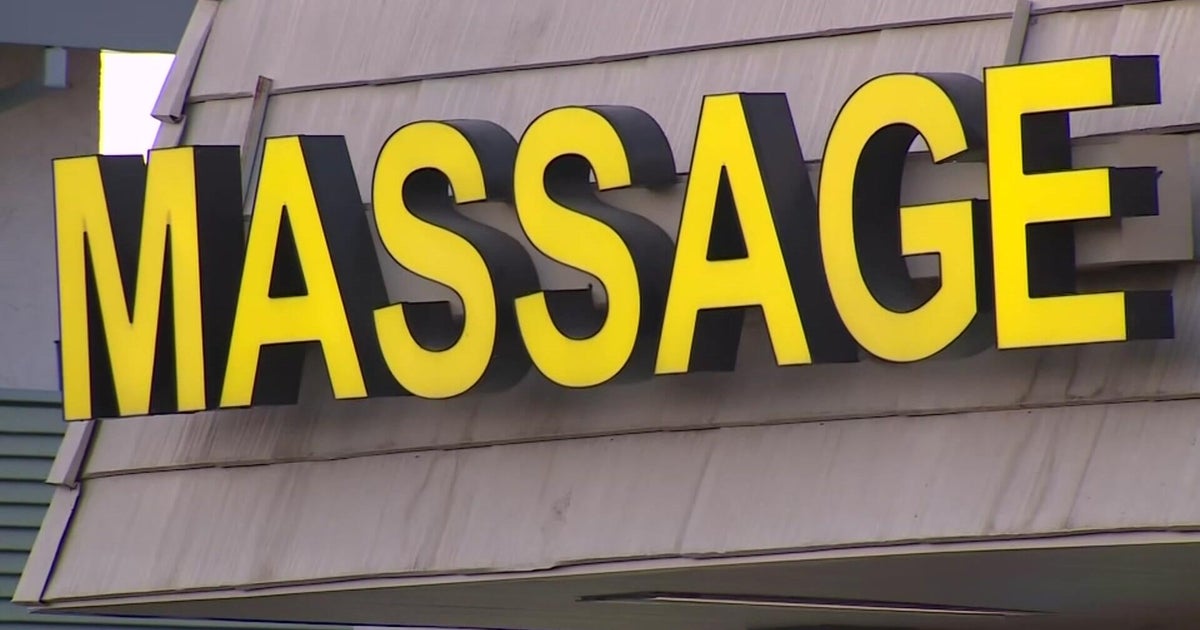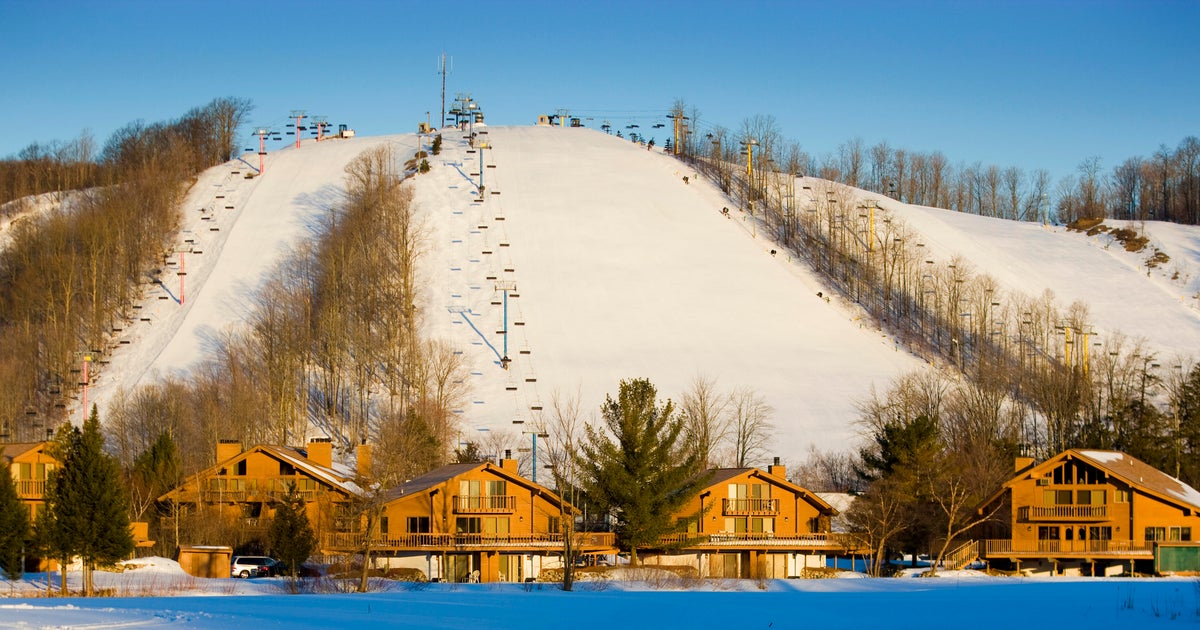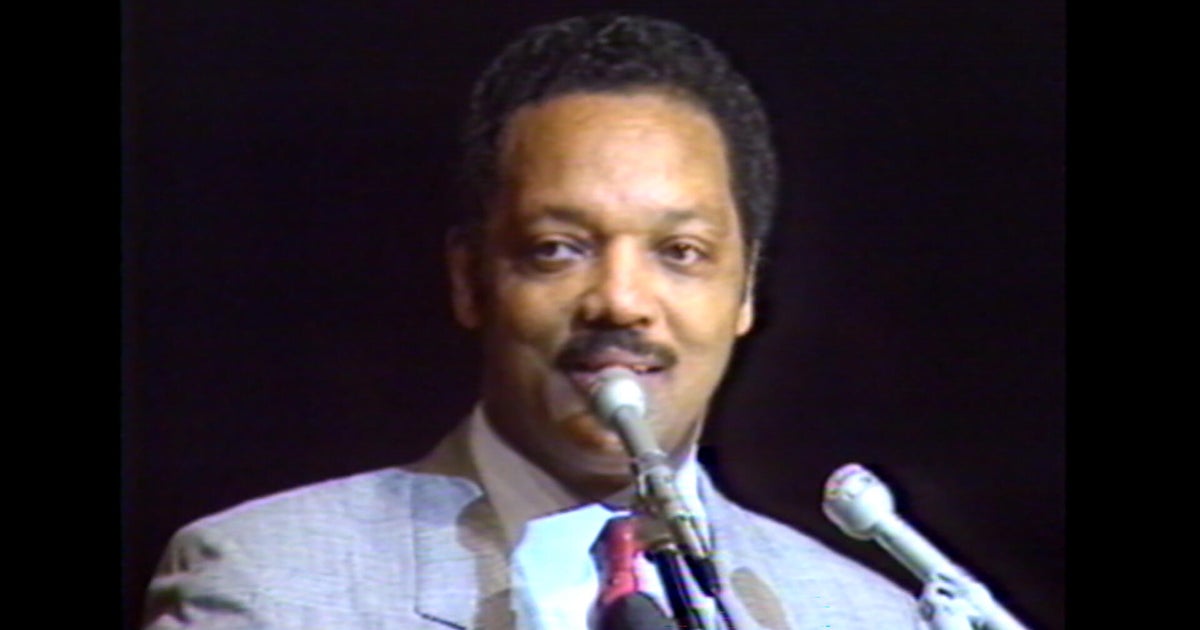Minnesota cities pass temporary bans on cannabis businesses awaiting state regulations, guidance
ST. PAUL, Minn. -- As cities and counties wait further state guidance on a new marijuana marketplace, some local governments are pressing pause on cannabis businesses in their communities with temporary bans.
Minnesotans will be able to grow their own marijuana plants and have up to two pounds of it their home starting Aug. 1. But buying weed at retail dispensary won't happen as quickly -- the state still needs to build its new Office of Cannabis Management tasked with regulating the new marketplace and issuing business licenses.
The new law legalizing adult use marijuana allows for cities to pass interim ordinances that may prohibit cannabis businesses until Jan. 1, 2025. Five cities -- Brooklyn Center, Mankato, West St. Paul, Ramsey and East Grand Forks -- have all taken this step, following the bill's passage in the state legislature this session.
"This cannabis bill was 300-plus-pages long. Most cities haven't gone through it with a fine-tooth comb," said Kyle Hartnett, assistant research manager at the League of Minnesota Cities, which is fielding questions from its members. "That's what we're trying to do – push out, 'This is what it means for cities, here's the next steps you should be taking, here's what you should be thinking about.'"
This interim ordinance provision doesn't apply to the hemp-derived THC edibles, which have been sold in retail stores since last summer when a 2022 law took effect legalizing them in low-doses. Several cities and counties have separately passed moratoriums surrounding those products pending more guidance and changes from state lawmakers, according to the Public Health Law Center at the Mitchell Hamline School of Law.
"What the moratorium does – it's not a unique feature to cannabis businesses. It's a planning tool cities have for any sort of business that comes in," Hartnett said. "It allows cities to basically hit a pause button on a certain issue: 'This isn't something we haven't thought about. We're not gonna allow these certain types of businesses within our community for right now to give us time to study the issue, look at what kind of regulations are gonna be put in place.'"
The new cannabis law authorizes local governments to pass "reasonable restrictions on the time, place, and manner of the operation of a cannabis business." That includes prohibiting them within 1,000 feet of a school or within 500 feet of a daycare, public park, or residential treatment facility, according to the statute.
Local governments cannot outright ban cannabis businesses -- which include retail stores, manufacturers, and transportation of the products -- but it may be that a town doesn't end up having any dispensary.
Officials can limit the number of retail licenses to no fewer than one registration for every 12,500 residents. If a county, though, follows this formula, a city or town in it is not obligated to register a cannabis business, the law says.
The Hopkins City Council is poised to pass a moratorium for 120 days with a final vote scheduled for next week. That's a shorter timeframe than some other city proposals.
Hopkins Mayor Patrick Hanlon said city council members are "generally supportive of the legislation," but want more clarity from the forthcoming Office of Cannabis Management, which is responsible for producing model ordinances, standardized forms and procedures for registrations, and model policies.
Authors of the legislation have previously said they anticipate it will be 12 to 18 months before there are retail sales in Minnesota because of the time it will take to get the regulatory framework up and running in a brand new state agency.
"There's just aspects of the program where the devil is in the details," Hanlon said. "Those details have not come out yet, and so we'd just like a chance to hit pause and to be able to take some time look and look at the different rules coming that are coming out and make decisions that are best for Hopkins."

